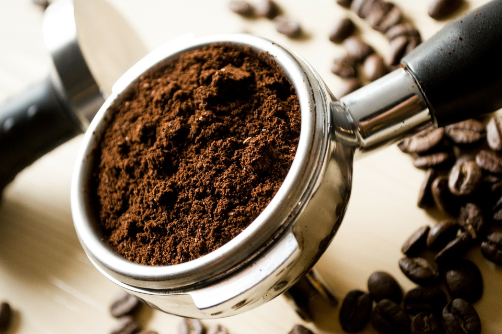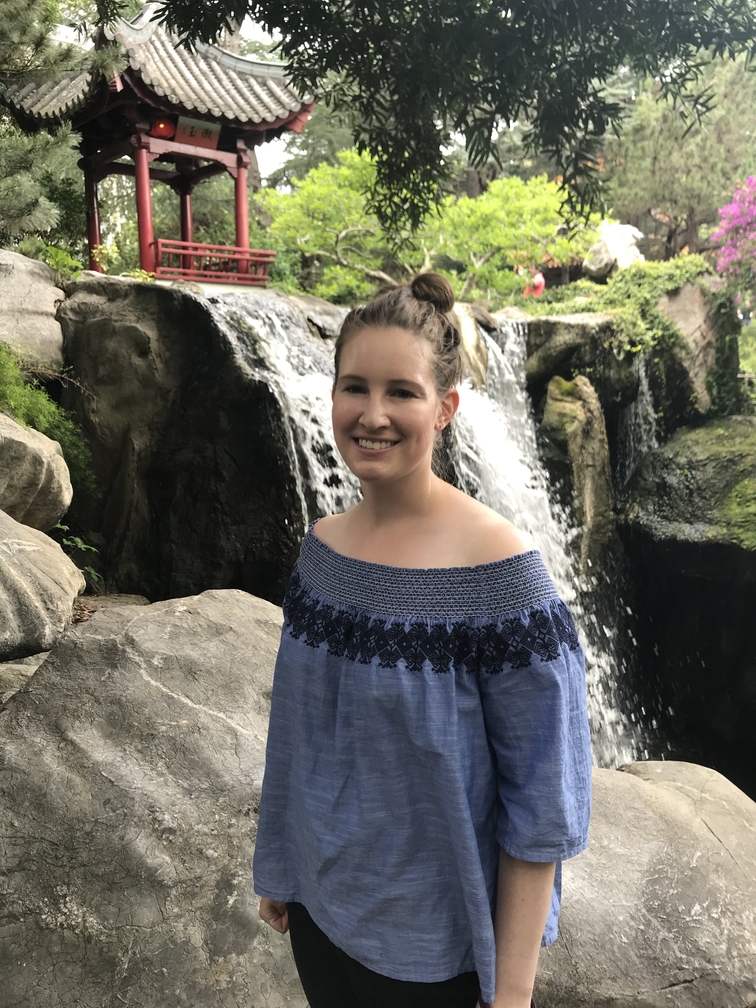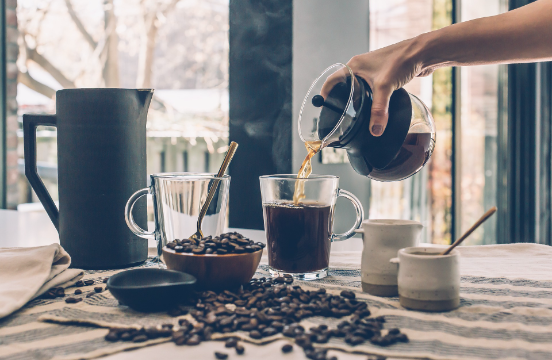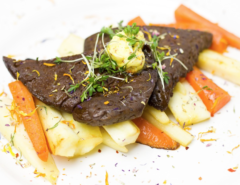By: Abbey Thiel
First, we had meatless meat, then ice cream without dairy.
Soon, we might have beanless coffee.
Atomo Coffee, a Seattle based start-up, is attempting to reverse engineer coffee without the bean. Right now, the drink is termed “molecular coffee” giving a nod to the process of hand-picking each compound that’s included in the brew.
This might sound crazy, but when you think about it, coffee is simply a black liquid containing a mixture of volatile and non-volatile compounds. Atomo hopes to pinpoint exactly what chemical compounds are responsible for the flavor, aroma, and mouthfeel of conventional coffee to assemble a new formulation.
Nailing down the flavor and aroma profiles is a bit like putting a puzzle together. First, each critical component has to be identified. After that, the amount of each compound has to be determined. This is no small feat considering there are hundreds of molecules responsible for how coffee smells, tastes, and feels.
For Atomo, it was not enough to just map out the critical components in brewed coffee itself. To better understand the product, they also characterized unripe coffee beans and roasted beans. This was all done in attempts to decipher which components were ultimately critical to coffee’s success.
Once each key compound is determined, other natural sources of the molecule can be identified. For example, caffeine is not only found in coffee beans, but also in kola nuts, cacao, and tea leaves.
Atomo can add in exactly the right amount of each substance allowing for greater consistency in each cup. Keep in mind this process has to be repeated for every single compound needed.
The benefit of slowly piecing together the formula for molecular coffee is that off-flavors and bitterness can be completely avoided. Atomo plans to sell coffee that’s so smooth it no longer needs to be cut with milk and sugar to mask those bitter tones.

Image by Elias Shariff Falla Mardini from Pixabay
Beyond mapping out the perfect tasting coffee, Atomo also has to find some material to replace the ground beans, in other words, some substance that can carry all the flavor and aroma molecules.
Currently, Atomo won’t disclose what this material is. It seems they’re interested in upcycled ingredients and disclosed that they have experimented with by-products like sunflower seed husks and watermelon seeds.
Essentially, any inert material that would tightly hold onto the critical flavor and aroma compounds would do. The trick is, the same material must release these molecules during brewing.
Now, if you’re like me you’re probably thinking “Sure this is really cool, but why?”
The bad news is, climate change is doing irreparable harm to coffee tree farms. Warmer temperatures are accelerating how quickly the coffee beans grow and ripen [1]. This means less time for flavor and aroma compounds to accumulate, and a lower quality coffee.
To counter the hotter temperatures, some farmers are moving up to higher altitudes and cooler weather to continue their business. The problem is, the new land is usually filled with rainforest, which must be cleared before the coffee plantation can be set up.
If that wasn’t enough, these farmers are also having to combat higher incidences and longer droughts, countered by periods of intense rainfall [2]. It’s not a great time to rely on coffee farming for your livelihood.
Here is where Atomo plans to step in and provide a more sustainable, consistent cup of Joe, made predominantly from upcycled ingredients. Their first brew will be released this year, which is described as smooth, rich in flavor, and not too dark or light. The initial launch will include their cold brew and a molecular mocha, each aimed to match the price point of specialty coffees.
If you are curious about the first molecular coffee, you can sign up to join their fan club. It’ll alert you when their first products are launching.
As for now, we wait and wonder if a beanless coffee will ever measure up to the real stuff.
Sources
- Davis, Aaron P., Tadesse Woldemariam Gole, Susana Baena, Justin Moat, and Brock Fenton. “The Impact of Climate Change on Indigenous Arabica Coffee ( Coffea Arabica ): Predicting Future Trends and Identifying Priorities (Climate Change and Indigenous Arabica Coffee).” 7.11 (2012): E47981.
- DaMatta, Fábio, M. Rahn, Eric Läderach, Peter Ghini, and Raquel Ramalho. “Why Could the Coffee Crop Endure Climate Change and Global Warming to a Greater Extent than Previously Estimated?” Climatic Change 152.1 (2019): 167–78.
- Featured Image by rahulsankraft from Pixabay.

Abbey Thiel | Linkedin
Abbey discovered that food science was a real major while attending University of Wisconsin-Madison, and quickly transferred into the department. After graduating with a B.S. in food science, she decided to stay in Madison to pursue her PhD. Her research explores the fat network found within ice cream, and yes, there’s lots of ice cream parties! If not found sitting at a microscope for extended amounts of time, Abbey enjoys the great Midwestern sport of log rolling (Google it) and laughing really loud. She is also very busy passing on her passion for food science to her two-year-old niece, whose favorite color is bacon and has hopes of growing up to be soup.






Leave a Reply